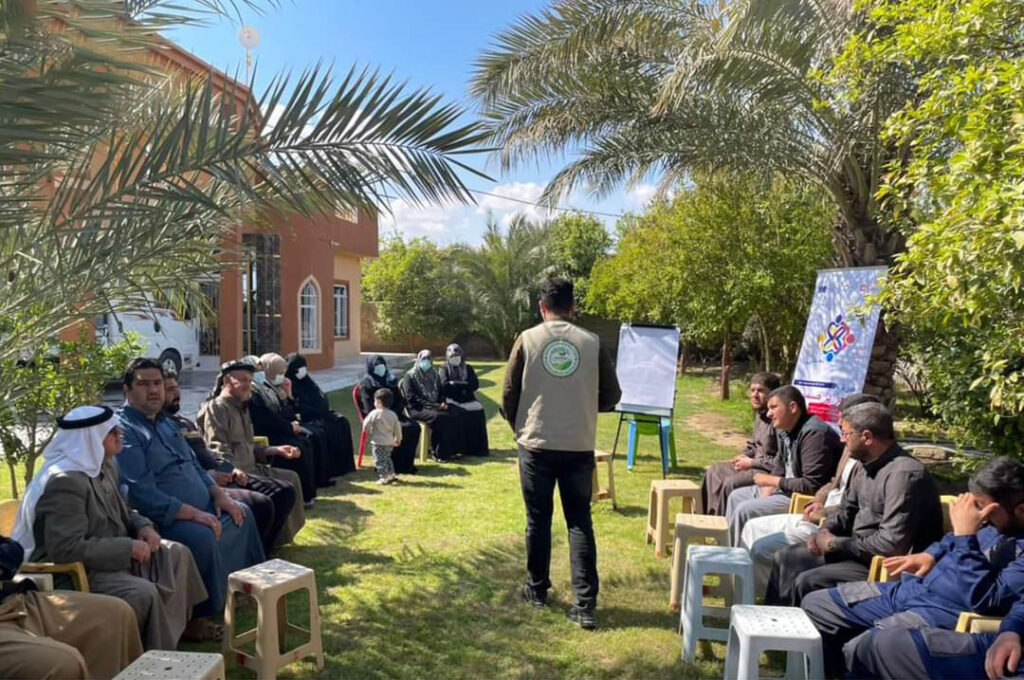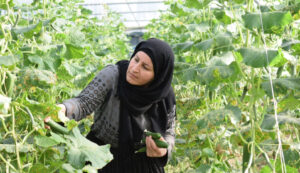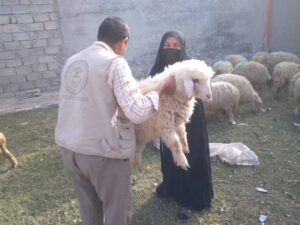Gender Equality Policy
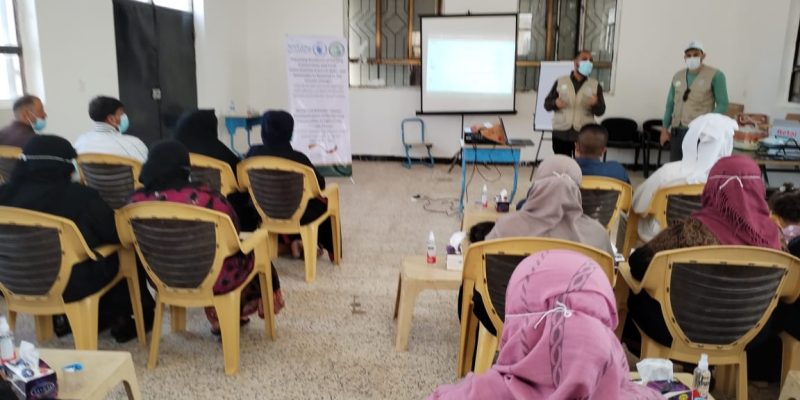
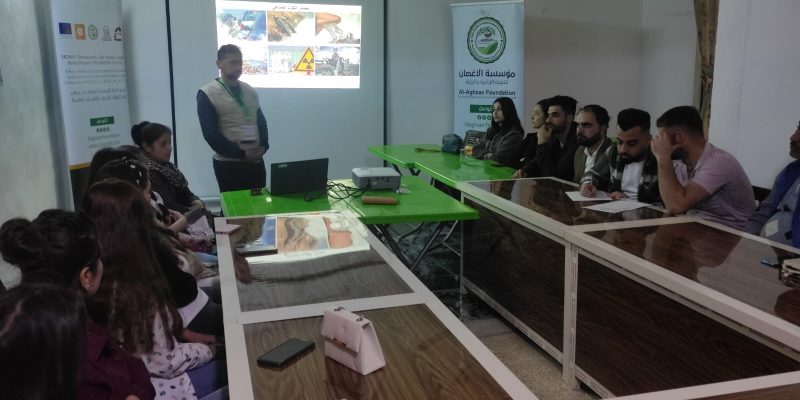
Details
READING TIME
3 min
CATEGORY
About Us
AUTHOR
Aghsan
TOPIC
Gender Equality
Al Aghsan Foundation remains committed to creating a better world for all-a world where inequality on any grounds, be it gender, class, race or ethnicity, is finally overcome.
Goal
The goal of the Aghsan Foundation gender equality policy is to support the achievement of equality between women and men to ensure sustainable development.
Objectives
- To advance women’s equal participation with men as decision makers in shaping the sustainable development of their societies;
- To support women and girls in the realization of their full human rights; and
- To reduce gender inequalities in access to and control over the resources and benefits of development.
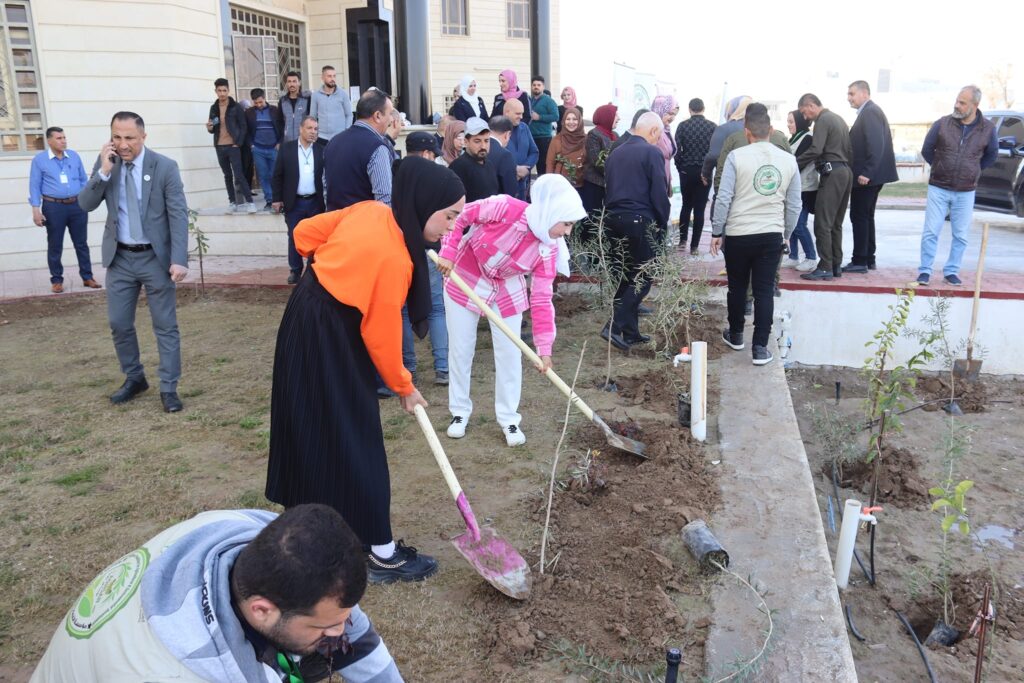
Gender equity and gender equality
Gender equity means being fair to women and men. To ensure fairness, measures are often needed to compensate for historical and social disadvantages that prevent women and men from otherwise operating as equals. Equity leads to equality.
Gender equality means that women and men enjoy the same status and have equal opportunity to realize their full human rights and potential to contribute to national, political, economic, social and cultural development, and to benefit from the results.
Originally it was believed that equality could be achieved simply by giving women and men the same opportunities. Same treatment, however, was found not necessarily to yield equal results. Today, the concept of equality acknowledges that women and men may sometimes require different treatment to achieve similar results, due to different life conditions or to compensate for past discrimination.
Gender equality, therefore, is the equal valuing by society of both the similarities and the differences between women and men, and the varying roles they play.
Principles
Al Aghsan Foundation Policy on Gender Equality is rooted in the following principles:
- Gender equality must be considered as an integral part of all Al Aghsan Foundation policies, programs and projects. Addressing gender equality requires that women’s views, interests and needs shape the development agenda as much as men’s, and that the development agenda supports progress toward more equal relations between women and men.
- Achieving gender equality requires the recognition that every policy, program and project affects women and men differently. Women and men have different perspectives, needs, interests, roles and resources-and those differences may also be reinforced by class, race, caste, ethnicity or age. Policies, programs and projects must address the differences in experiences and situations between and among women and men.
- Achieving gender equality does not mean that women become the same as men. Equality means that one’s rights or opportunities do not depend on being male or female.
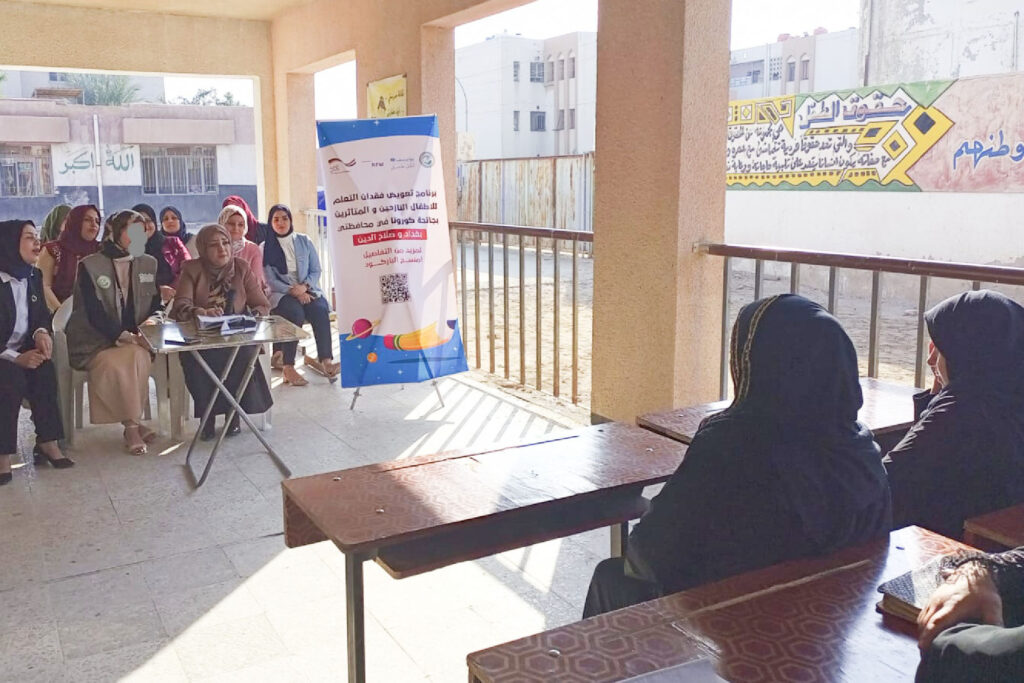
Empowerment
Empowerment is about people — both women and men — taking control over their lives: setting their own agendas, gaining skills, building self-confidence, solving problems, and developing self-reliance. It is not only a collective, social and political process but an individual one as well — and it is not only a process but an outcome too. Outsiders cannot empower women: only women can empower themselves to make choices or to speak out on their own behalf.
However, the Aghsan Foundation can support processes that increase women’s self-confidence, develop their self-reliance, and help them set their own agendas.
- Women’s empowerment is central to achieving gender equality. Through empowerment, women become aware of unequal power relations, gain control over their lives, and acquire a greater voice to overcome inequality in their home, workplace and community.
- Promoting the equal participation of women as agents of exchange in economic, social and political processes is essential to achieving gender equality. Equal participation goes beyond numbers. It involves women’s equal right to articulate their needs and interests, as well as their vision of society, and to shape the decisions that affect their lives, whatever cultural context they live in. Partnership with women’s organizations and other groups working for gender equality is necessary to assist this process.
- Gender equality can only be achieved through partnerships between women and men. When choices for both women and men are enlarged, all of society benefits. Gender equality is an issue that concerns both women and men, and achieving it will involve working with men to bring about changes in attitudes, behaviors, roles, and responsibilities at home, in the workplace, in the community, and at the national level.
- Achieving gender equality will require specific measures designed to eliminate gender inequalities. Given ingrained disparities, equal treatment of women and men is insufficient as a strategy for gender equality. Specific measures must be developed to address the policies, laws, procedures, norms, beliefs, practices and attitudes that maintain gender inequality. These gender equity measures, developed with stakeholders, should support women’s capacity to make choices about their own lives.
- The Aghsan Foundation’s policies, programs, and projects should contribute to gender equality. Gender equality results should be incorporated into all of the Agsan Foundation initiatives although the application will vary among branches, programs and projects.
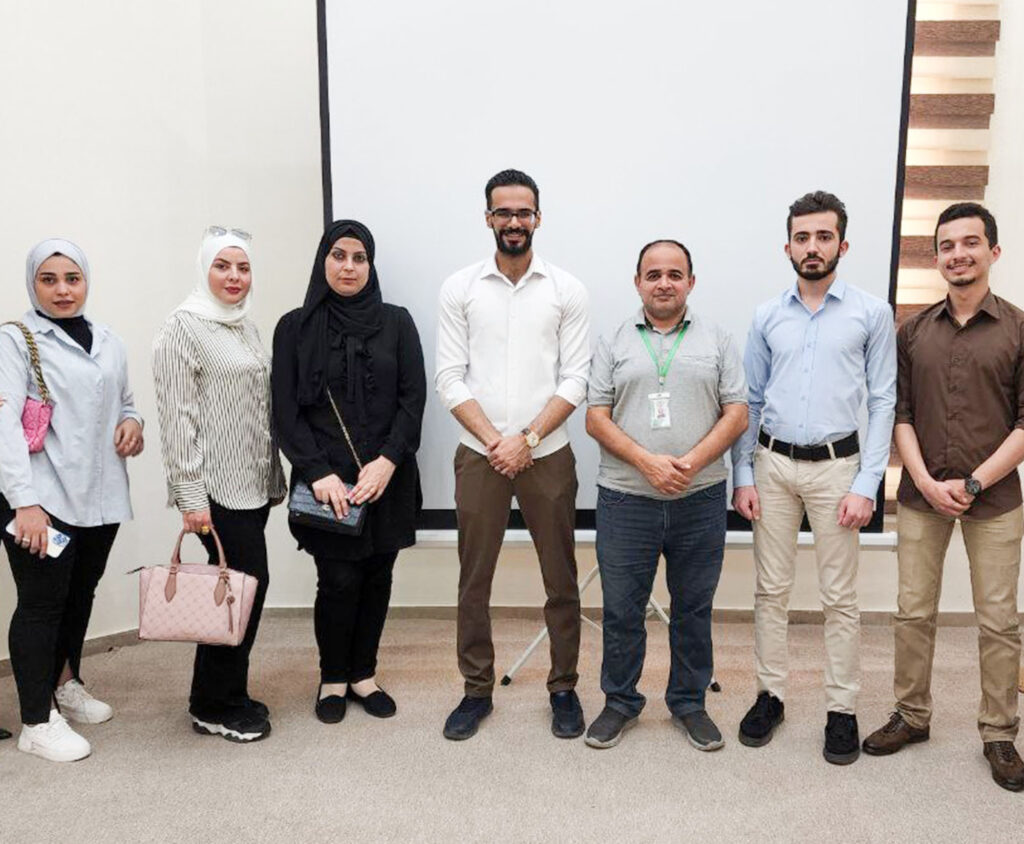
Gender analysis as a tool
Gender analysis is an indispensable tool for both understanding the local context and promoting gender equality.
The Aghsan Foundation defines knowledge of the local context as: “the recognition that development interventions operate within existing social, cultural, economic, environmental, institutional and political structures in any community or region. Simply put, knowledge of the local context is vital to understanding these relationships and their connection to the project in terms of needs, impact and results.
Gender analysis examines one of these relationships, that between women and men. It identifies the varied roles played by women and men, girls and boys in the household, community, workplace, political processes, and economy. These different roles usually result in women having less access than men to resources and decision-making processes and less control over them.
Practical needs and strategic interests
Practical needs can be defined as immediate necessities (water, shelter, food, income and health care) within a specific context. Projects that address practical needs generally include responses to inadequate living conditions. Strategic interests, on the other hand, refer to the relative status of women and men within society.
These interests vary in each context and are related to roles and expectations, as well as to gender divisions of labor, resources and power. Strategic interests may include gaining legal rights, closing wage gaps, and protection from domestic violence, increased decision making, and women’s control over their bodies.
To ensure sustainable benefits, both practical needs and strategic interests must be taken into account in the design of policies, programs and projects.
Gender analysis provides information to determine the most effective strategies in a particular context and to identify results that support gender equality. For example, programs or projects may be identified whose principal objective will be to support Gender equality, or entry points for the support of gender equality may be identified within programs or projects where gender equality is one of a number of objectives.
Gender analysis is required for all The Aghsan Foundation policies, programs and projects. Application of gender analysis will vary according to the nature and scope of initiatives.
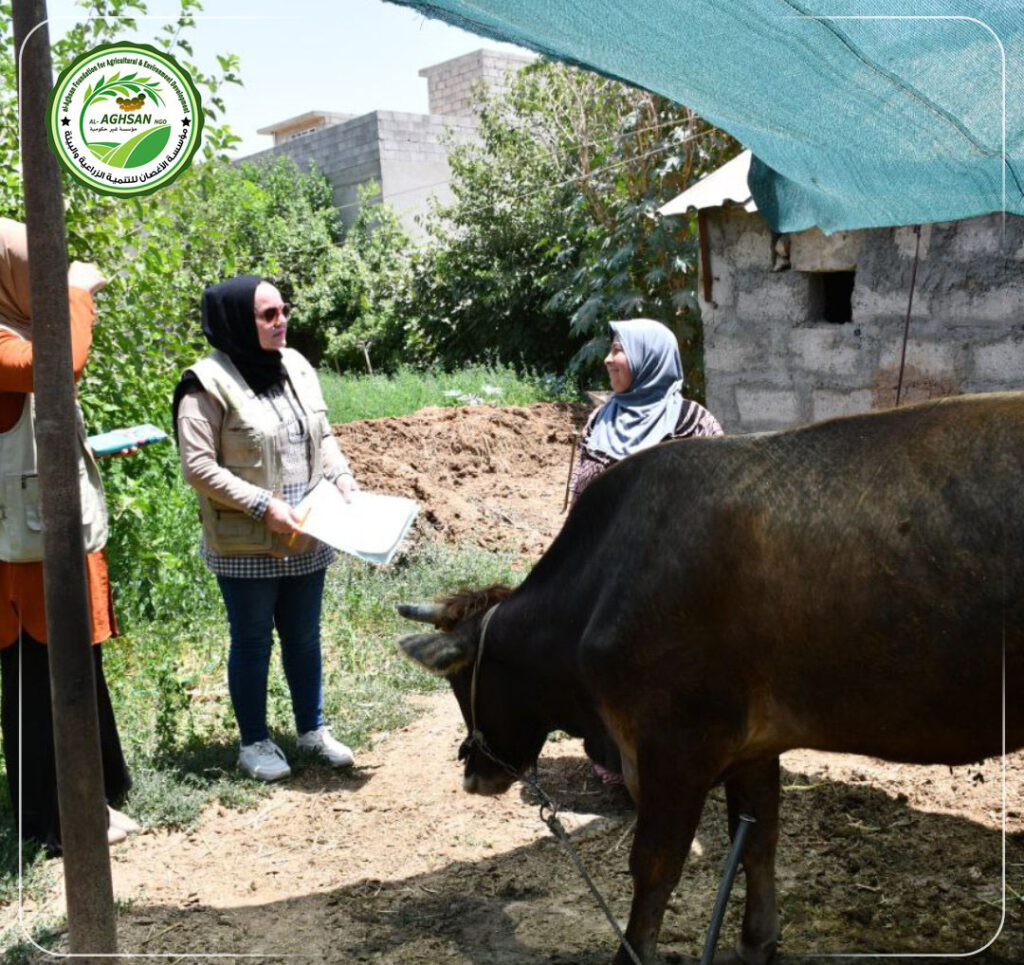
Elements of gender analysis
For gender analysis to be effective, the Aghsan Foundation is committed to providing the following resources to implement the analysis results:
- There are sufficient resources and knowledgeable personnel, along with an enabling corporate environment to promote gender equality;
- There are accountability frameworks, which ensure that the gender equality policy is implemented;
- Qualified gender equality specialists (especially locally-based ones) are employed on a regular basis; and
- Gender equality is treated as an objective in and of itself.
In the planning process
- Gender equality is recognized as relevant to every aspect of cooperation, from macroeconomic reform to infrastructure projects;
- Gender analysis is carried out at the earliest stages of the project or program cycle and the findings are integrated into project or program planning;
- Institutional weaknesses or cultural biases that could constrain the achievement of gender equality results are recognized in policy, program, or project design, and strategies are developed to address them;
- Means are identified to ensure there is broad participation of women and men as decision makers in the planning process;
- Clear, measurable, and achievable gender equality results are developed in the earliest phases of the process;
- Gender-sensitive indicators, both qualitative and quantitative, are developed (this requires the collection of baseline data disaggregated by sex, as well as by age and socioeconomic and ethnic groups);
- A specific strategy and budget is provided to support the achievement of gender equality results;
- Partners and implementers are selected on the basis of their commitment and capacity to promote gender equality; and
- Gender equality specialists are involved from the start of the planning process.
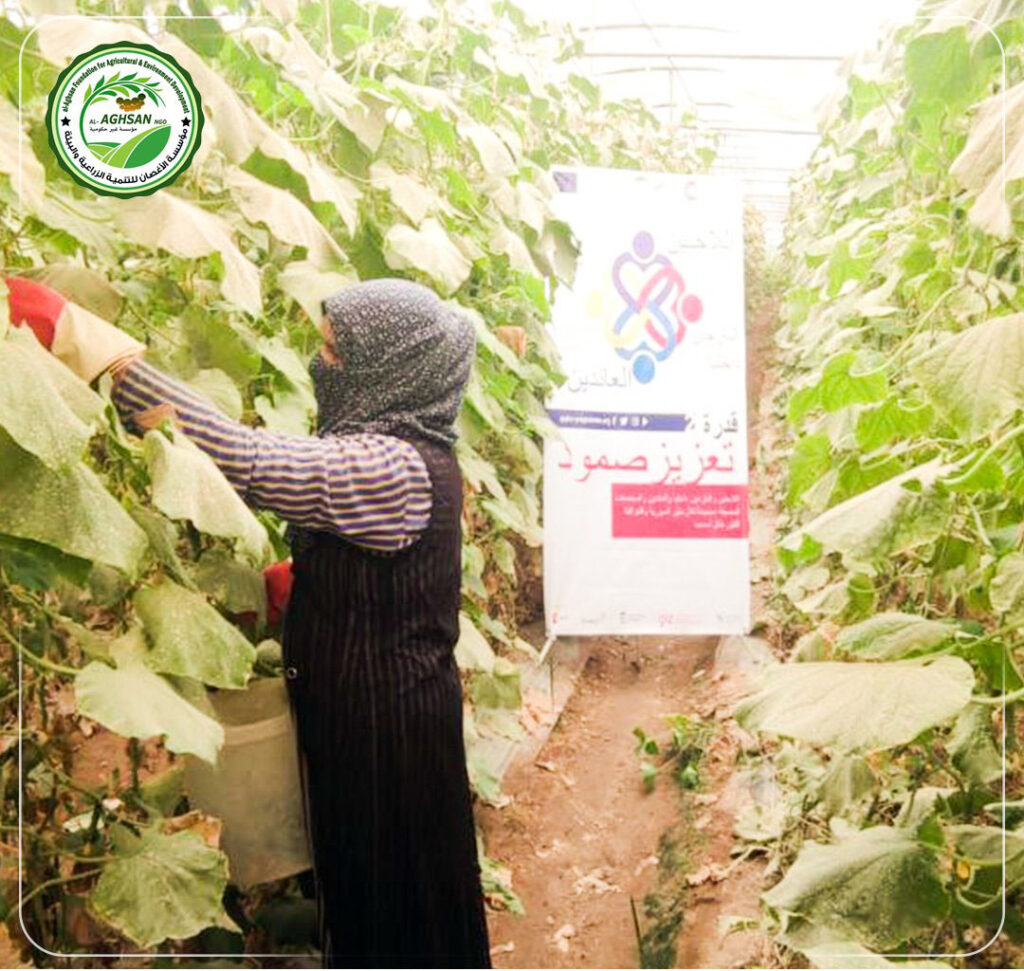
During implementation
- Gender equality specialists are part of project teams;
- External support is sought from women’s organizations, key female and male decision makers, leaders and allies;
- The objective of gender equality is not lost in rhetoric or in preoccupation with the Foundation processes;
- There is flexibility and openness to respond to new and innovative methods, and to opportunities for supporting gender equality that present themselves during implementation; and
- There is broad participation of women in the implementation.
Performance measurement
- Gender equality results are expressed, measured and reported on using qualitative and quantitative indicators;
- Data, disaggregated by sex, as well as by age and socio-economic and ethnic groups, is collected;
- Qualified gender equality specialists (especially locally-based ones) are involved in performance measurement;
- Information on progress in reducing gender inequalities is collected and analyzed as an integral part of performance measurement;
- A long-term perspective is taken (i.e., social change takes time); and
- Participatory approaches are used, where women and men actively take part in the planning of performance measurement frameworks, in their implementation, and in the discussion of their findings.
Last News
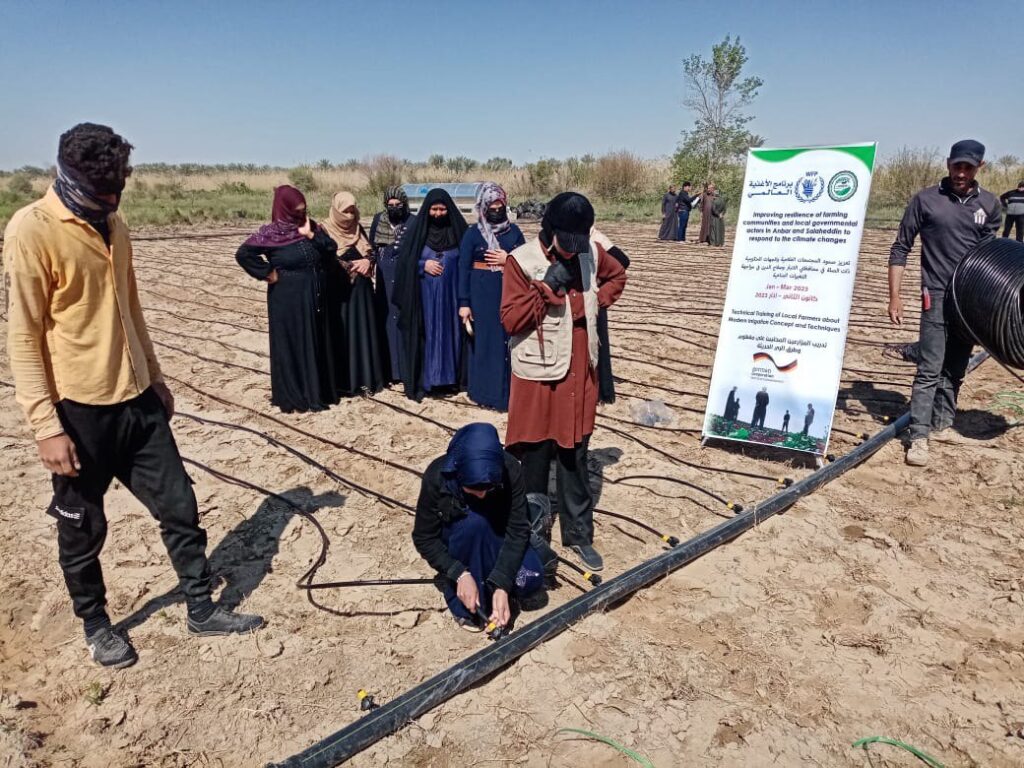
About us
Gender Equality Policy
The Aghsan Foundation remains committed to creating a better world for all-a world where inequality on any grounds
Aghsan
0 Comments
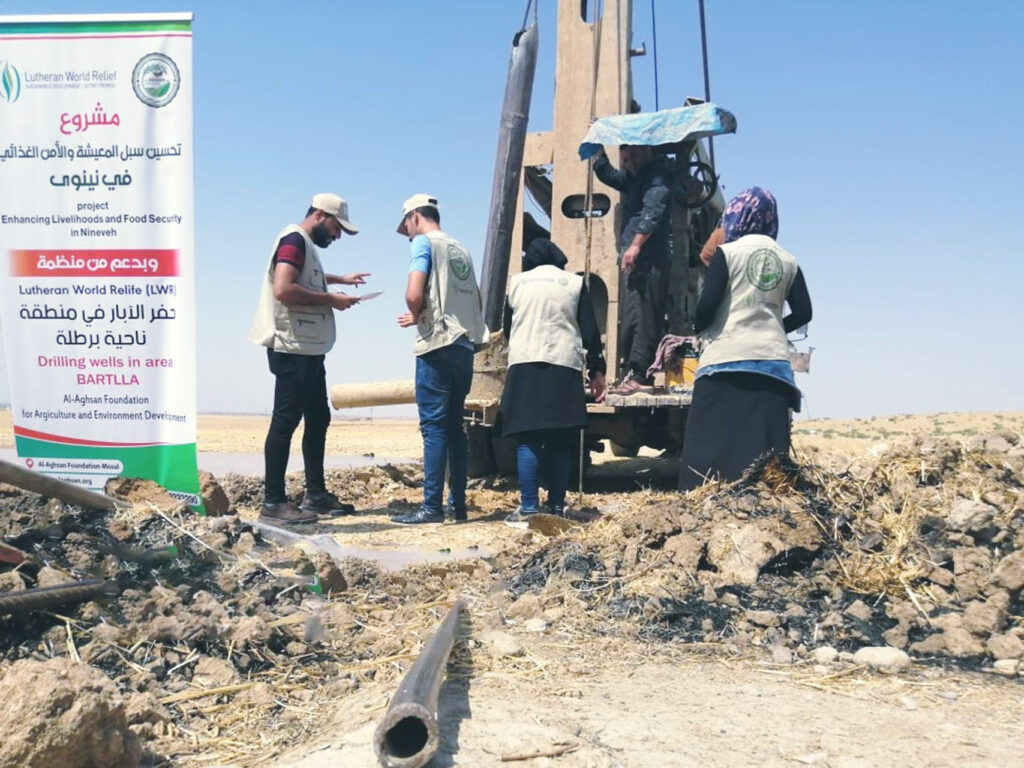
WHAT WE DO
Aghsan Foundation in Emergencies
Humanitarian action is central to Aghsan Foundation and realizing the rights of every child.
Aghsan
0 Comments
Services

WHAT WE DO
Aghsan Foundation in Emergencies
Humanitarian action is central to Aghsan Foundation and realizing the rights of every child.
Aghsan
0 Comments
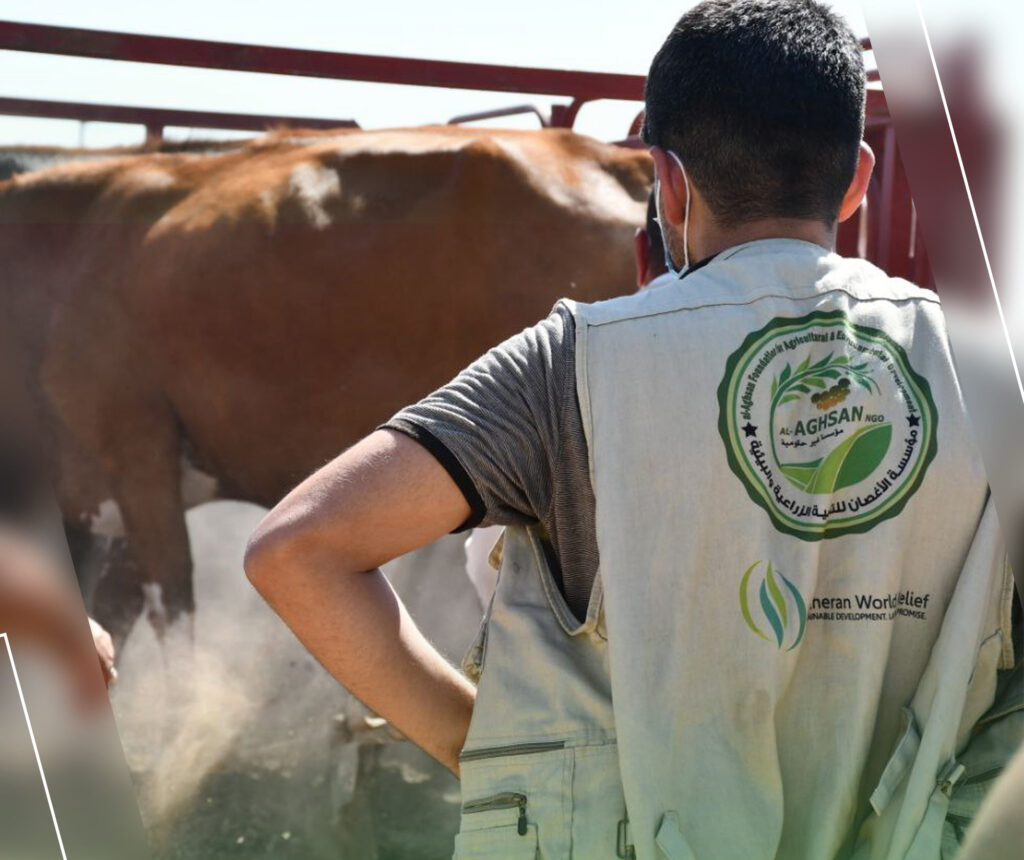
WHAT WE DO
Economic Recovery
The Economic Recovery sector is one of Aghsan Foundation’s five core sectors of intervention.
Aghsan
0 Comments
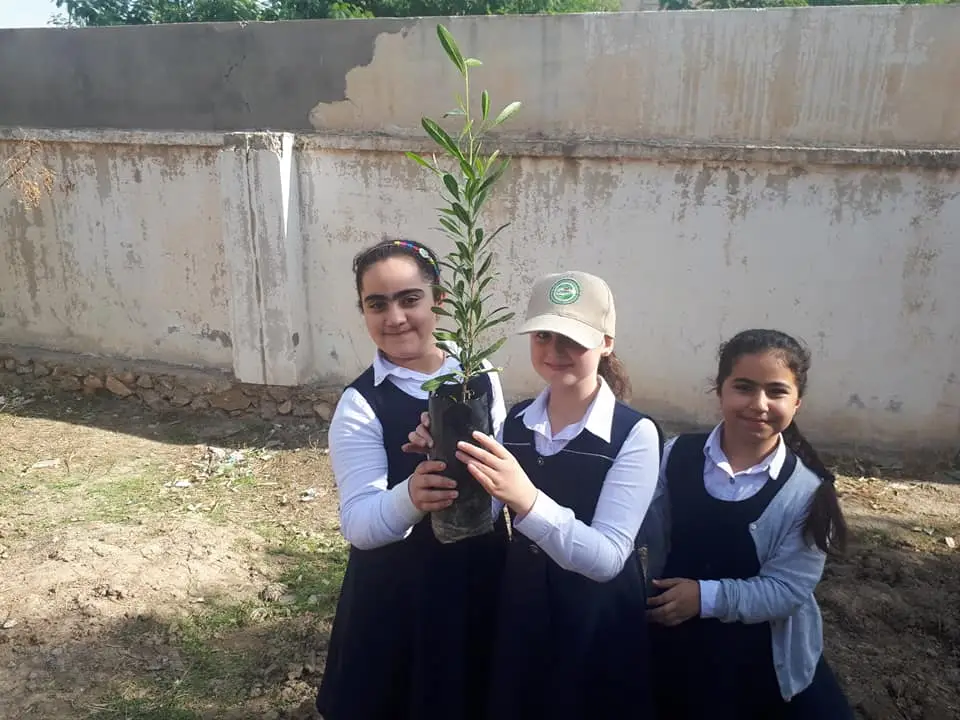
WHAT WE DO
Friends of the Environment
Aghsan Foundation commits to respond to the global climate crisis and environmental degradation
Aghsan
0 Comments
